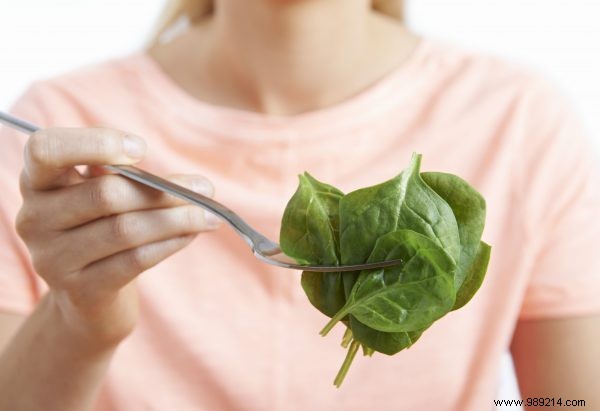
You feel tired, lifeless and don't feel like doing anything, while you go to bed on time and really get enough sleep. You may have an iron deficiency.
Iron is a mineral that plays an important role in, among other things, the production of hemoglobin, a protein that helps red blood cells carry oxygen around your body. And you need that oxygen to convert fuels (sugars and fats) into energy. In addition, iron supports the immune system and is necessary for the production of enzymes for metabolism.
So it is important to get enough iron. The recommended daily allowance of iron for adult men is 11 mg, for adult women 16 mg before menopause and 11 mg after menopause. Iron comes in two forms in your diet:heme iron and non-heme iron. Heme iron is found in animal products such as meat, fish, poultry and eggs. Non-heme iron is mainly found in vegetable products, such as potatoes, bread, nuts, seeds and vegetables. Your body absorbs heme iron from meat better than non-heme iron from plant products.
The chance of an iron deficiency in itself is not great. With an imminent deficiency, your body is able to absorb more iron from food. However, there are groups that run more risk:young people under the age of 22, vegetarians and vegans, people who exercise a lot, women during menstruation, pregnant women, women who are breastfeeding and women in the menopause.
These foods contain iron:
Improve your body's absorption of iron by combining iron-rich foods with foods high in vitamin C. For example, drink a glass of orange juice with your meal.
Pay extra attention to your iron intake if you are vegan.
What are the signs that you have an iron deficiency? You can read it in the May issue of Santé, which is now available.